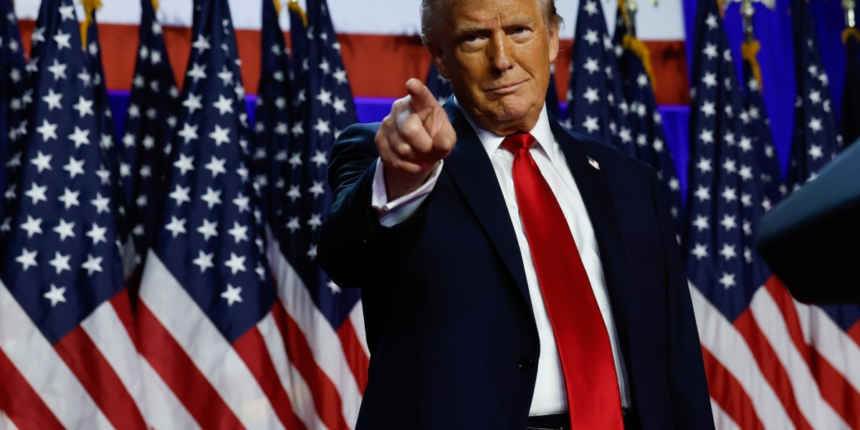When Republicans passed Donald Trump’s “big, beautiful” tax bill on Thursday, they included provisions to partially offset the costs, including significant cuts to Medicaid and food stamps. One area lawmakers didn’t touch: the so-called carried interest loophole that offers beneficial tax treatment to wealthy private equity, venture capital and hedge fund managers.
When a PE fund sells an asset, likely a portfolio company, at a higher price than what they bought, PE execs get carry. If the asset is sold after three years, the profit is taxed at a long-term capital gains rate of 20%. If they sell the business before the three years, the carry is taxed at a short term capital gains rate of 37%.
On Thursday, the Trump-endored tax bill passed by the House doesn’t mention carried interest. This means that the changes imposed by Trump’s 2017 Tax Cuts and Jobs Act, which made it harder to secure long-term capital gains, remain in place.
“The President’s 2017 law struck the right balance on carried interest, and we’re pleased that the new legislation will encourage more long-term investment across America,” said the American Investment Council, lobbyists for the PE industry, in a statement to Fortune Thursday.
“What came out of the House this morning doesn’t affect carried interest. The current carried interest will stay,” added Mark Leeds, a tax partner at law firm Pillsbury Winthrop Shaw Pittman.
It’s still too early for private equity to claim victory. The tax bill will now head to the Senate, which will likely make modifications before the legislation is handed to President Trump to sign. “It’s possible the Senate could still make changes to carried interest,” Leeds said.









